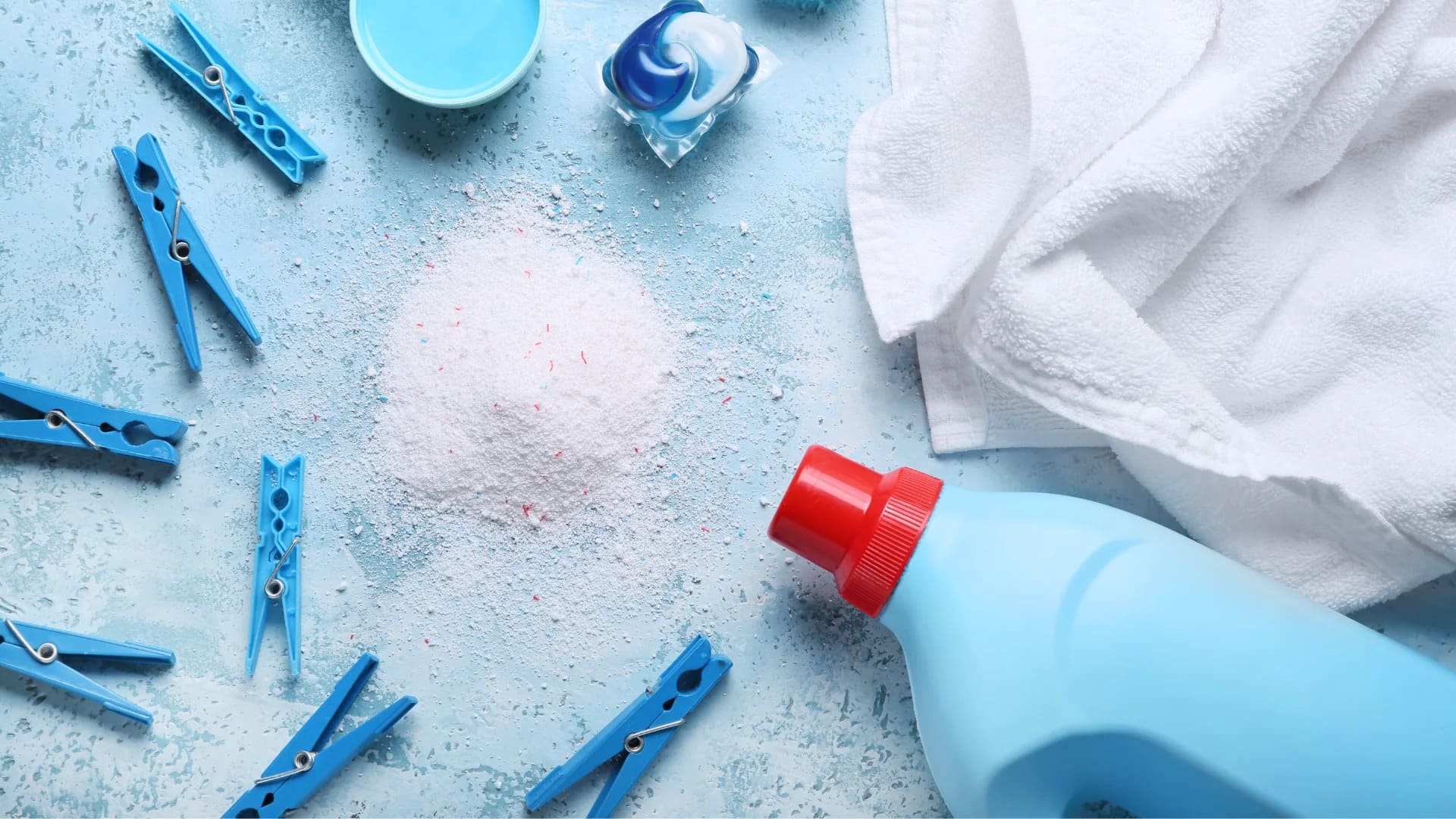
Laundry is a daily necessity, but traditional washing methods contribute significantly to water waste, energy consumption, and environmental pollution. With a few mindful changes, you can reduce your laundry’s carbon footprint and embrace more sustainable washing habits. This guide provides in-depth, well-researched tips to make your laundry routine eco-friendly while keeping your clothes fresh and long-lasting.
Wash Clothes in Cold Water
Why It Matters
Heating water for laundry accounts for nearly 90% of the energy used in a washing cycle. Using cold water can significantly reduce energy consumption, lower electricity bills, and extend the lifespan of fabrics by preventing shrinkage and fading.
How to Implement
- Use detergents specifically designed for cold water to ensure effective cleaning.
- Separate heavily soiled clothes and only use warm water when absolutely necessary.
- Modern washing machines have settings optimized for cold water cycles—choose these for better efficiency.
Choose Eco-Friendly Laundry Detergents
Why It Matters
Traditional detergents contain phosphates, synthetic fragrances, and harsh chemicals that contaminate water sources and harm aquatic ecosystems. Many also come in plastic packaging that adds to environmental waste.
How to Implement
- Opt for biodegradable, plant-based detergents free from sulfates, phosphates, and chlorine.
- Consider using laundry strips or powder-based detergents to minimize plastic waste.
- Refill detergent containers at bulk stores whenever possible.
Reduce Microfiber Pollution
Why It Matters
Synthetic fabrics like polyester and nylon shed microfibers—tiny plastic particles that pollute water systems and harm marine life. Since wastewater treatment plants can’t filter all microfibers, they end up in oceans, affecting biodiversity and even entering the food chain.
How to Implement
- Use a Guppyfriend washing bag to catch microfibers before they reach the water system.
- Install a microfiber filter on your washing machine to trap plastic particles.
- Wash synthetic fabrics less frequently and at lower speeds to reduce shedding.
Wash Full Loads, but Avoid Overloading
Why It Matters
Running a washing machine with small loads wastes water and energy. However, overloading prevents proper cleaning and rinsing, forcing you to rewash clothes, which cancels out sustainability efforts.
How to Implement
- Wait until you have a full load before running the machine.
- Follow the washer’s capacity recommendations to avoid overloading.
- Consider adjusting water levels if your machine has a setting for smaller loads.
Air Dry Clothes Instead of Using a Dryer
Why It Matters
Clothes dryers are one of the highest energy-consuming appliances in households. They also weaken fabric fibers over time, leading to quicker wear and tear.
How to Implement
- Use a drying rack or clothesline whenever possible to let clothes air dry naturally.
- If you must use a dryer, select the lowest heat setting to save energy and preserve fabrics.
- Use wool dryer balls instead of dryer sheets to reduce static and drying time.
Use Natural Fabric Softeners
Why It Matters
Many commercial fabric softeners contain chemicals that leave residues on clothes and contribute to water pollution. They can also trigger allergies and skin irritation.
How to Implement
- Add half a cup of white vinegar to the rinse cycle to naturally soften clothes.
- Use wool dryer balls, which reduce static and keep fabrics fluffy without chemicals.
- Try DIY softeners using baking soda or essential oils for a natural scent.
Invest in Energy-Efficient Washing Machines
Why It Matters
Old washing machines consume excessive water and electricity. ENERGY STAR-rated appliances use up to 50% less energy and 30% less water than conventional models.
How to Implement
- If replacing your washer, opt for a front-loading, high-efficiency (HE) model.
- Use eco-friendly settings to minimize energy and water use.
- Regularly maintain your washer by cleaning filters and running descaling cycles.
Skip the Dryer Sheets
Why It Matters
Dryer sheets contain synthetic fragrances and chemicals that can irritate sensitive skin and pollute the environment. Many are single-use and contribute to landfill waste.
How to Implement
- Replace dryer sheets with reusable wool dryer balls.
- Use natural scents like lavender sachets or essential oils if you prefer scented laundry.
- Reduce static naturally by drying synthetic fabrics separately.
Choose Sustainable Clothing Materials
Why It Matters
Synthetic fabrics shed microplastics, take decades to break down, and require more energy to produce. Natural fabrics are biodegradable, require fewer resources, and last longer.
How to Implement
- Buy clothes made from organic cotton, linen, hemp, or Tencel.
- Prioritize quality over quantity to reduce the frequency of purchasing new clothes.
- Wash delicate fabrics by hand to extend their lifespan.
Use the Right Amount of Detergent
Why It Matters
Excess detergent doesn’t make clothes cleaner—it creates excessive suds that trap dirt and require extra rinsing, leading to wasted water and energy.
How to Implement
- Measure detergent according to the manufacturer’s instructions.
- Use high-efficiency (HE) detergent in HE washers to prevent over-sudsing.
- Try concentrated or tablet detergents to reduce waste and packaging.
Extend the Life of Your Clothes
Why It Matters
The fashion industry is one of the largest polluters globally. Overwashing and improper care lead to faster wear and disposal of clothes, increasing textile waste.
How to Implement
- Spot-clean stains instead of washing entire garments.
- Wear clothes multiple times before washing unless they are visibly dirty or smell.
- Store clothes properly to maintain their quality and avoid unnecessary washing.
DIY Stain Removers for Chemical-Free Cleaning
Why It Matters
Many stain removers contain harsh chemicals that can be harmful to both health and the environment. Natural alternatives are just as effective and safer.
How to Implement
- Mix baking soda with water to create a paste for treating stains.
- Use lemon juice or white vinegar to break down grease and tough spots.
- Hydrogen peroxide works as a natural whitener for brightening fabrics.
Adopting eco-conscious laundry habits is a simple yet effective way to contribute to environmental sustainability. By making small, thoughtful changes—such as washing in cold water, using biodegradable detergents, and air drying—you can significantly reduce your ecological footprint while keeping your clothes clean and fresh. Every step toward sustainable laundry helps protect our planet for future generations.

